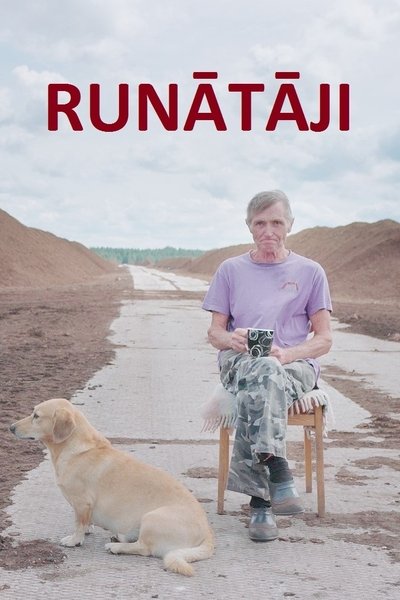Talkers
Genres
Documentary
OverView
The three speakers represent two of the dialects, with the most common one - the middle dialect spoken in Riga and central parts of Latvia - not featured in the film. In intimate surroundings, a farmer, a schoolteacher, and a herder of ostriches talk about perceived differences between Latvian speakers, and about language policy and their lives.
Others
Budget
$--
Revenue
$--
Status
Released
Original Language
Latvian
Runtime
26 mins
Rating
0/10
Release Date
08 November 2016
Country
Latvia
